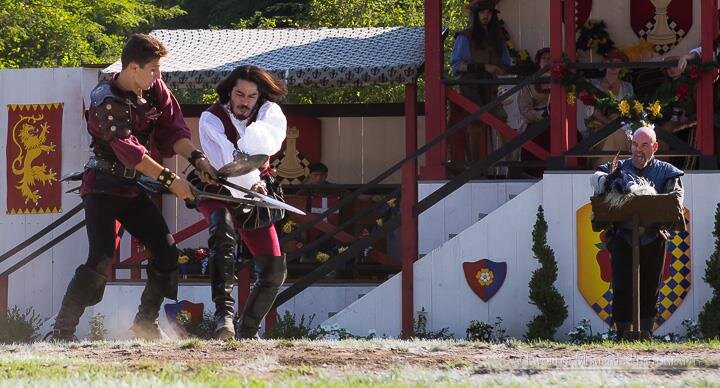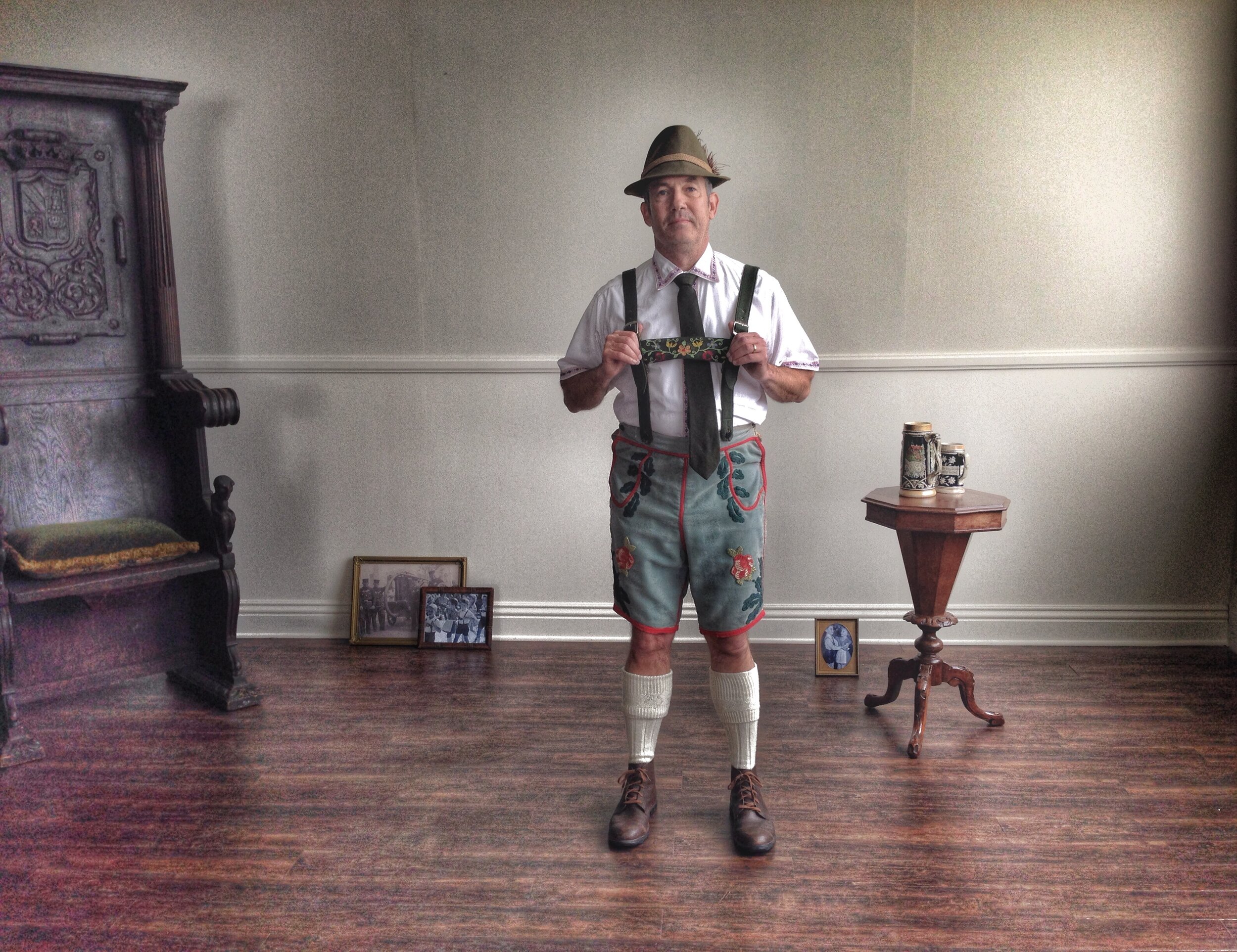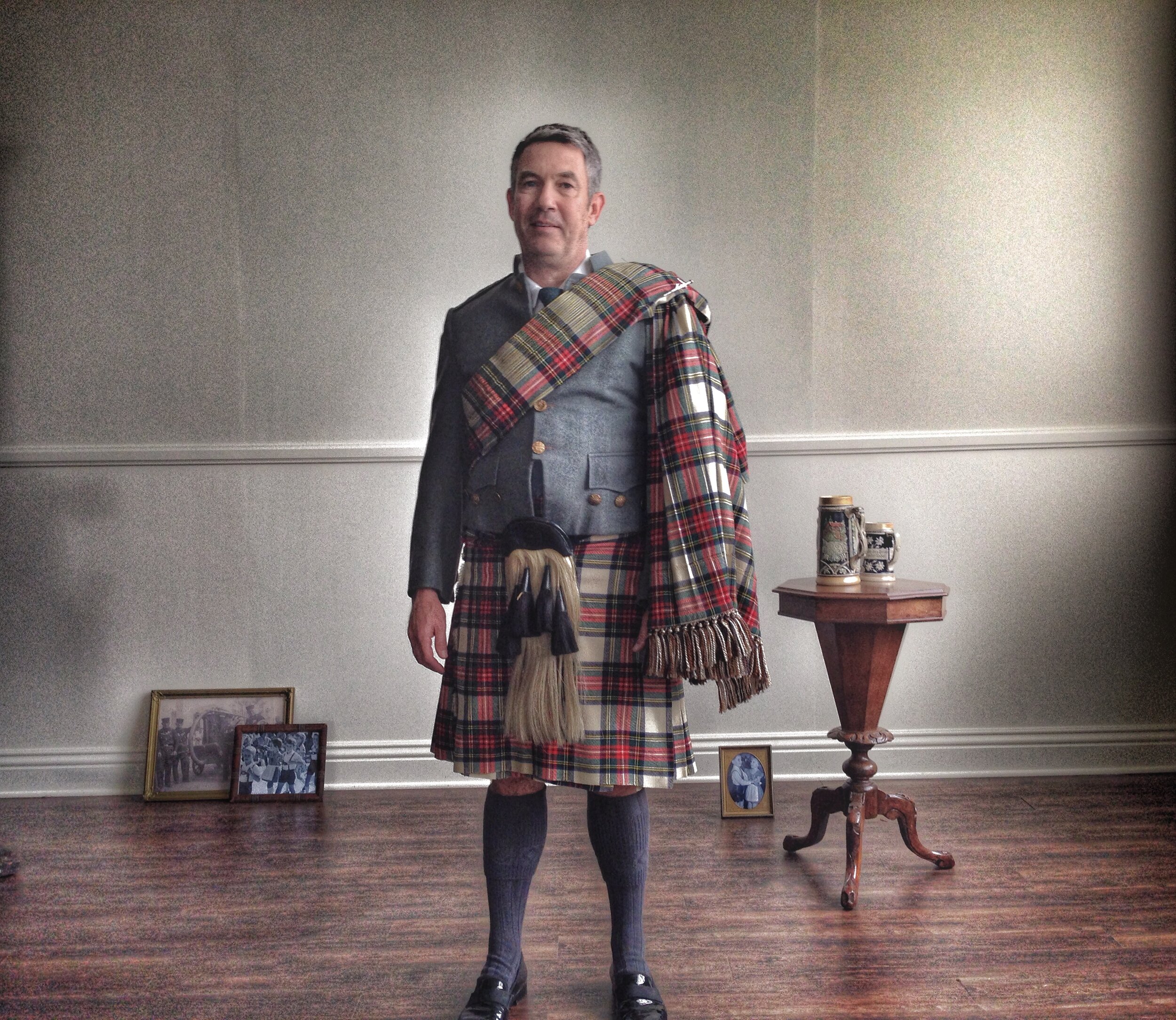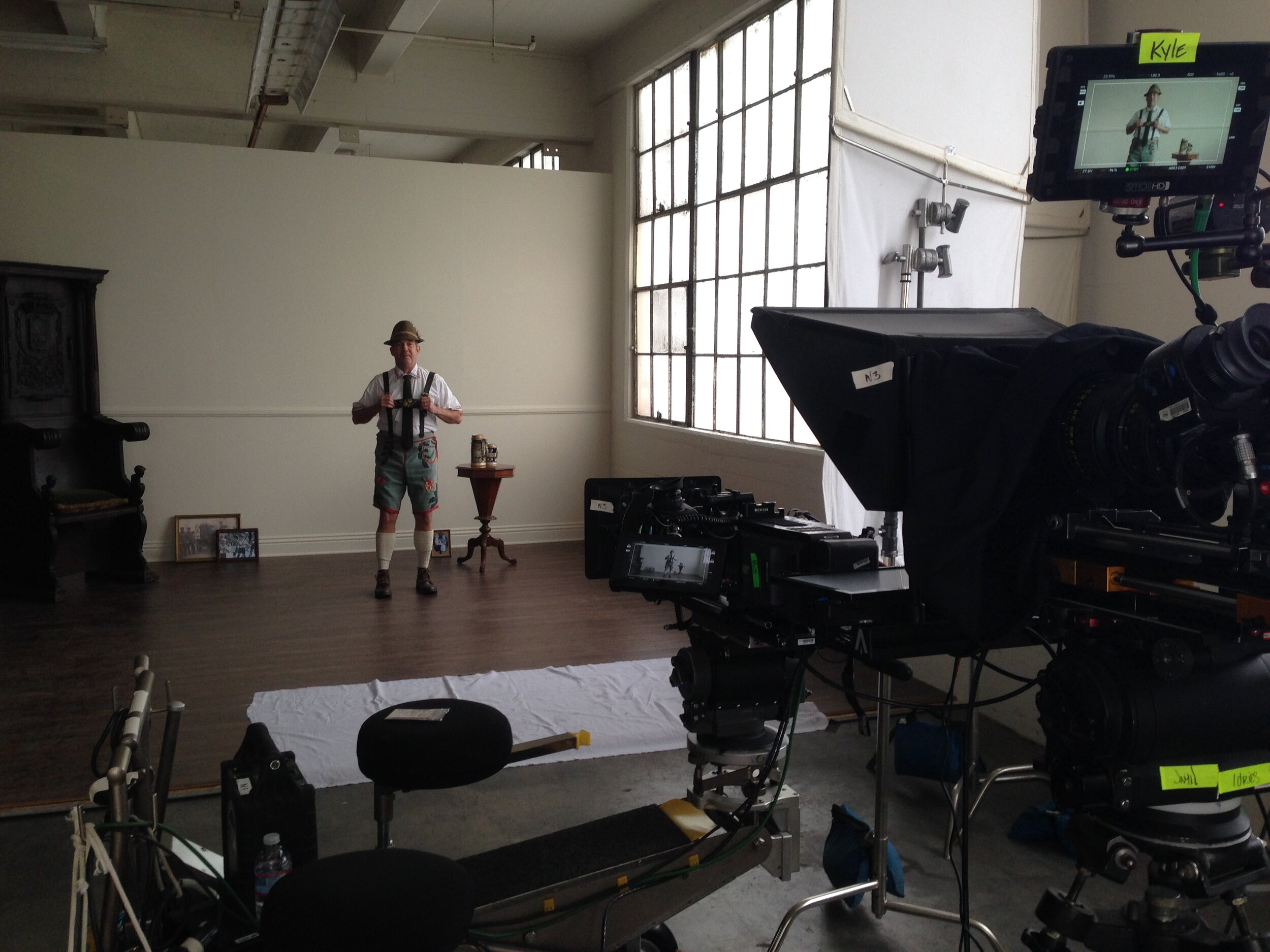Coming from a Stage Combat teacher and Fight Choreographer, this probably sounds pretty self-serving on my part, but please hear me out. What is our job as actors and performers? That’s always my first question at any beginner Stage Combat workshop. What is our job? At the end of the day, it has a relatively simple answer.
We tell STORIES! Stage Combat is PHYSICAL storytelling.
I’m going to take a quick moment to debunk, as it were, one of the common misunderstandings that I hear quite frequently before I delve into why I think Stage Combat is ESSENTIAL for any performer.
“Stage Combat just FEELS fake” or “I would never fight someone that way.”
Well, that’s kind of the point. Stage Combat isn’t so much a study of fighting as it is a study of SAFETY. One of the mantras I heard over and over again when starting out was, “Safety first, safety last, safety always.” When all is said and done, especially when working Fight Choreography for stage, the most essential goal is to make sure everyone involved is safe and can repeat the choreography night after night. If you ever watch a real fight, you’ll notice you can barely follow along with what’s happening. That’s not what we want. Again, we need to tell a story. What feels unnatural is necessary for us to effectively communicate to an audience what’s going on. In short, we’re not looking for something that looks “real”, reality is subjective. You and I can witness the same event and have entirely different perspectives on it. What we want is to tell a story that is BELIEVABLE within our given circumstances.
When you go to any kind of acting school, you are learning different techniques from different teachers with different schools of thought. You have Meisner, Stanislavski, Viewpoints, etc. Ultimately, every performer going through this process will eventually pick and choose the best tools for them and keep it in their acting toolbox. With that in mind, I want to delve into all the different tools one can acquire from taking Stage Combat classes.
PARTNERING
Success or failure in any branch of the performing arts is, for the most part, heavily reliant on partnering. Collaboration is such an integral aspect in this business, where so many different departments must show up and bring their A game to create something truly spectacular. This is especially true in Stage Combat. As one of my first teachers once said, “My job is to keep my partner safe and make them look good. If my partner is doing the same, we have a successful partnership and are able to tell an exciting story, while keeping everyone safe.” If listening and reacting to a scene partner is crucial to tell an effective story on stage, it is absolutely essential for our purposes in Stage Combat. Studying this art form has helped me hone my receptive skills and assisted me in connecting with my partners on stage. Since a lot of our cooperation with fights on stage has to be non-verbal, it helps to foment a kind of sixth sense with the rest of the cast and crew.
STAKES AND INTENTION
I don’t know about you but one of the most common notes I received in acting class was “Raise the stakes.” As a person for whom English was a second language, the first couple of times had me worried I had somehow enrolled in a culinary school. Stakes and Intention are paramount in telling our stories. It’s what helps draw in the audience as it allows them to connect with the characters on a more emotional and visceral level. Studying Stage Combat requires you to explore the ideas of breath and vocals. A lot of times, what makes a fight interesting is not necessarily how cool or flashy the moves are, but the moments IN BETWEEN the moves. How does Tybalt react to an angry Romeo hellbent on avenging his friend’s death? What is Macbeth’s mental state when he finds out that Macduff was “from his mother’s womb untimely ripped?” In musicals, characters burst out into song when their emotions reach a point where words are no longer enough; they HAVE to SING. It is the same with Stage Combat. Violence happens in our stories when words are no longer enough and the only recourse is to get PHYSICAL.
BODY AWARENESS
Whether you’re a performer who only does plays, or musicals, or both, performing requires a good amount of physical stamina, as well as body awareness. It doesn’t matter whether you are working on multiple dance numbers or really specific blocking; having a good knowledge and relationship with your own body is crucial. I have worked with students who arrive barely able to tell right from left (a slight exaggeration), and leave with a deeper connection with their bodies. They are more specific in their movements, which in turn aids them in being able to tell a wide variety of stories with their bodies.
DIRECTOR’S EYE
While not something you can necessarily master from just one Stage Combat class, one of the most helpful tools I walked away with was a better understanding of the Director’s Eye. So much of what we do to keep each other safe and sell a fight sequence on stage relies heavily on angles and, you probably guessed it, marks. Being able to calculate and adjust your distance with your partner, how far Upstage Right you have to be, how long must you extend your arm, are just some of the aspects that come up when performing a fight onstage. Work on this art form long enough, and you start to develop a better sense of that outside eye, which can be invaluable for performing onstage, especially when we start dealing with a thrust stage or theater in the round.
TRAINING DURING COVID
COVID-19 has affected every single aspect of our industry. However, if there’s anything artists are universally known for, it’s adapting. The Stage Combat community, like all other artistic communities, is lucky in that it has no shortage of creative and driven individuals. Now, while it does present its own set of challenges, there are plenty of opportunities to start your journey. You can visit the Society of American Fight Directors website and search teachers currently offering classes by regions at safd.org. While some of the benefits are limited in this virtual setting, it does offer you the opportunity to truly work on your specificity, preparing you for the day when you get to finally face off with a partner.
THANK YOU FOR INDULGING ME
A Stage Combat Nerd such as myself can go down rabbit hole after rabbit hole, but these are some of the skills that a performer can hone from Stage Combat classes. So, it doesn’t really matter if you want to become the next Jackie Chan or Jason Statham.
You don’t have to walk away falling in love with Stage Combat like I did. But I can assure you, if you are willing to take a Stage Combat class, perhaps 2 or 3, you will walk away with tools that will undoubtedly make you a more well-rounded and interesting performer.
Gabriel Rosario
Advanced Actor Combatant, Stunt Performer and Fight Choreographer
Gabriel Rosario is a graduate from the American Musical and Dramatic Academy and is currently a Faculty Member in its Stage Combat Department. He is an Advanced Actor Combatant, Stunt Performer and Fight Choreographer who has participated in plays such as Foggy Dew, The Adventures of Don Quijote, Follies, The Relationship Type, as well as being Fight Captain and Assistant Fight Choreographer for the World Premiere of Treasure Island at the Fulton Theatre and its East Coast Premiere at Maine State Music Theatre. His film and TV credits include Dead@17: Rebirth, Tower of Silence, as well as the upcoming pilot, Dry Time, etc. His credits as a Fight Choreographer include Romeo and Juliet, Faust on 147th Street, and Valor, Agravio y Mujer (HOLA Award Best Fight Choreography), and La Paz Perpetua at Repertorio Español Rut and the short film Les Chienes. Rosario is also an instructor at Swordplay in New York City.
G&E In Motion does not necessarily agree with the opinions of our guest bloggers. That would be boring and counterproductive. We have simply found the author’s thoughts to be interesting, intelligent, unique, insightful, and/or important. We may not agree on the words but we surely agree on their right to express them and proudly present this platform as a means to do so.






































